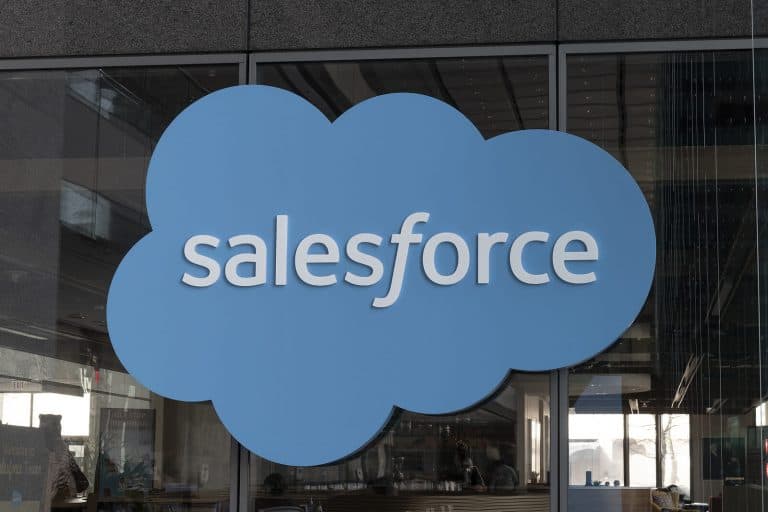Tuesday’s CES 2021 keynote addresses were an interesting mix. General Motors Chairman and CEO Mary Barra spoke about mobility and an “all-electric future.” AMD President and CEO Dr. Lisa Su described how advanced computing and graphics will touch the future of just about everything, from work and entertainment to research and education. She also showcased her company’s new Ryzen 5000 desktop processors and Radeon “Big Navi” graphics cards. And Best Buy, CEO Corie Barry talked about the future of technology and the importance of diversity and inclusion.
Frankly, I love it that all of today’s keynotes featured women running big, important, and successful technology companies. And make no mistake – Best Buy and GM are as much technology companies as AMD, Microsoft, Salesforce, or ServiceNow. The tech industry has a long, long way to go in terms of diversity, inclusion, and broad, equal access to meaningful opportunities for advancement and success. But, the leaders featured in today’s keynotes represent a good start.
Today’s keynotes resonate from a business technology perspective as well.
- GM sells a lot of vehicles to businesses of all types. Those business buyers are already wrestling with whether, when, and where to transition away from fossil fuels, decisions that affect everything from the bottom line to public and investor perception. (Which is worse, for the environment and a company’s image – lithium mining or drilling for oil?)
- AMD’s chips already power high-end gaming consoles and systems. Those chips will likely offer new levels of power to graphics- and computing-intensive business applications as well. Think more immersive user experiences and applications powered by advanced AI.) So business technology decision makers will soon have more alternatives to consider.
- Many corporate consumers acquire much of the gear they use to do work from Best Buy and other retailers known primarily as consumer electronics stores. This is likely to continue indefinitely, as are work-from-home and work-from-anywhere initiatives. Business decision makers must create and enforce standards for users that support compatibility with other technologies and adequate cybersecurity – even when those users shop retail.
The lines separating consumer and business technologies continue to blur. Fortunately for business decision makers, there are some pretty sharp minds thinking and talking about what that evolution means for consumers and for the businesses they work for and patronize.
More to come…






